Walnuts: Important Facts, Health Benefits, and Recipes
Explore the health benefits of walnuts, their nutritional information, and delicious recipes featuring this versatile nut, rich in antioxidants, fiber, and plant-based protein.
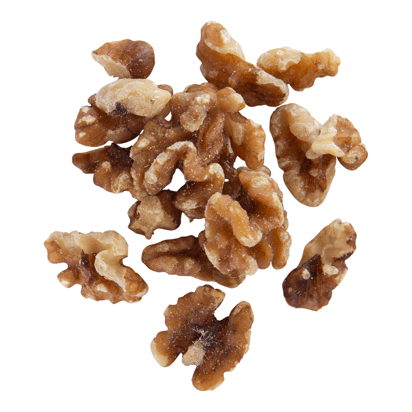
Best Walnuts Recipes
-
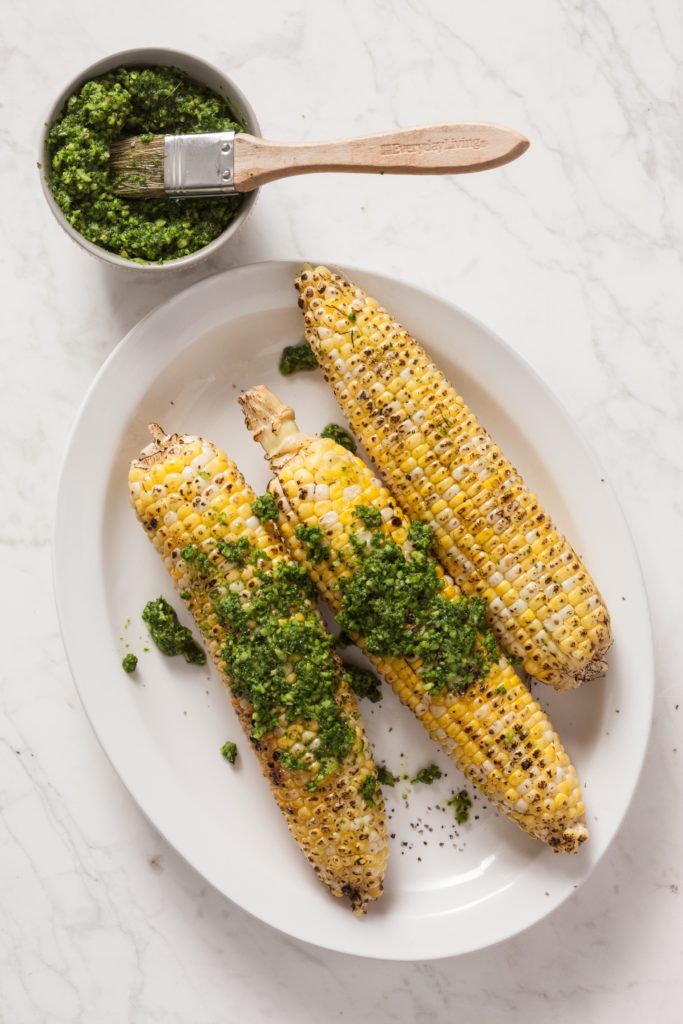
-
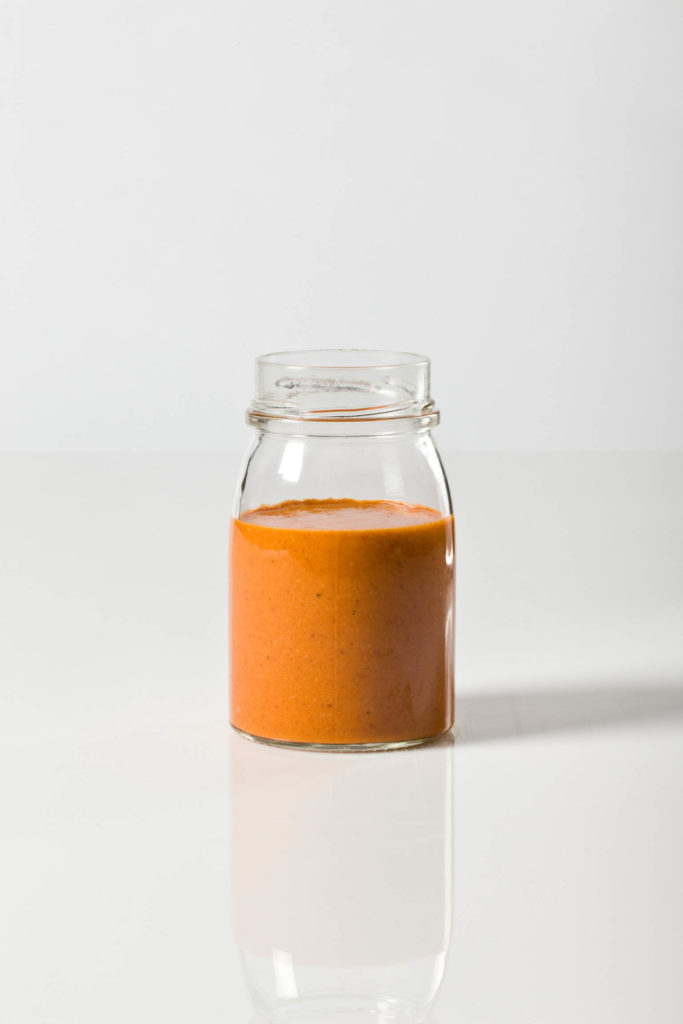
-
-

-
:max_bytes(150000):strip_icc()/Temp-filename_-14-3a35612969ca42b6ac8558582f3d436d.jpg)
-

-
:max_bytes(150000):strip_icc()/__opt__aboutcom__coeus__resources__content_migration__simply_recipes__uploads__2019__12__Muhammara-LEAD-2-fd2b2a9b9f164a83978d9ac09db54338.jpg)
-
-
![Brussels Sprout Salad with Parmesan and Walnuts Image]()
-
![Charoset with Apples, Dates, and Walnuts Recipe Image]()
-
![Chinese Walnut Holiday Cookie Recipe Image]()
-
![Brown Butter Bucatini with Walnuts Image]()
-
![Creamy Cauliflower with Toasted Walnuts {Giveaway} Image]()
-
![Chocolate Walnut Espresso Loaf Recipe Image]()
-
![5-Ingredient Blue Cheese Walnut Flatbread Image]()
-
![Baked Eggplant with Lamb and Walnut Sauce Recipe Image]()
-
![Walnut Bread from Umbria Recipe | Seriously Italian Image]()
-
![How To Make Nut Butter Image]()
-
![Gluten-Free Banana Nut Bread (with Bob's Red Mill GF All-Purpose Flour) Image]()
-
![Applesauce Nut Bread Image]()
-
![Banana Bread Waffles Image]()
-
![Sweet Spicy Nuts Image]()
-
![Skillet Rocky Road Brownie Image]()
-
![Camping Raspberry Butter Cake Image]()
-
![Best Homemade Chocolate Brownies Image]()
-
![Rocky Road Bar Cookies Image]()
-
![Hazelnut Snowball Cookies Image]()
-
![Old Fashioned Butter Tarts Image]()
-
![Banana Chocolate Chip Cookies Image]()
-
![Italian Christmas Bread Image]()
-
![Chocolate Hazelnut Shortbread Cookies Image]()
-
![Cinnamon Walnut Coffee Cake Image]()
-
![Seven Layer Brownie Cheesecake Parfait Image]()
-
![Turtle Caramel Bars Image]()
-
![Sweet or Savory Crescents Image]()
-
![Easy One-Rise Sour Cream Nut Roll Recipe Image]()
-
![Chocolate Rum Balls Image]()
-
![How to Make a Cheese Board Image]()
-
![Best Holiday Fruitcake Recipe Image]()
-
![Walnut Mocha Torte Recipe Image]()
-
![Apple Carrot Cupcakes {Apple + Carrot Cake = Yum!} Image]()
-
![Beef Roulades with Walnut Parsley Pesto Recipe Image]()
-
![Raspberry Walnut Tart Recipe Image]()
-
![Classic English Toffee Recipe Image]()
-
![Rum Balls Recipe Image]()
-
![Easy Zucchini Bread Recipe Image]()
-
![Pumpkin Bread Recipe Image]()
-
![Herb-Spiced Mixed Nuts Recipe Image]()


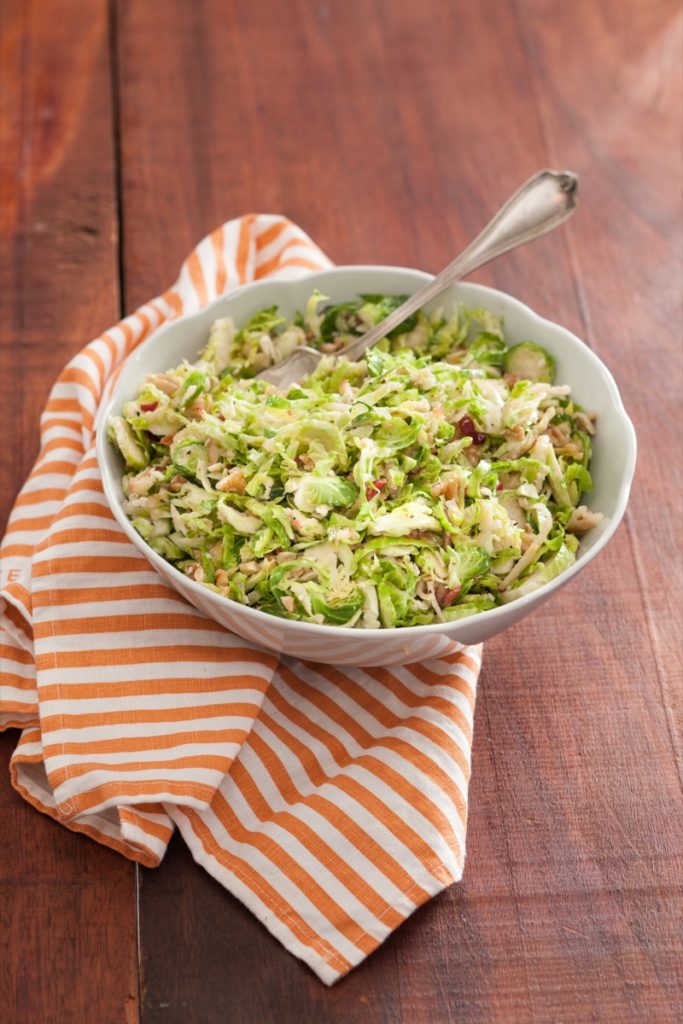
:max_bytes(150000):strip_icc()/__opt__aboutcom__coeus__resources__content_migration__simply_recipes__uploads__2019__03__Charoset-LEAD-01-a31006e9487c41f888cb5592bd043f2f.jpg)
/GettyImages-165527326-5a2dee8396f7d00037725491.jpg)


:max_bytes(150000):strip_icc()/__opt__aboutcom__coeus__resources__content_migration__serious_eats__seriouseats.com__recipes__images__2012__10__20121003-wakeandbake-chocolate-espresso-walnut-loaf-edit-c4e23c66f5b140bf9503ba6cdeba2ac4.jpg)

:max_bytes(150000):strip_icc()/__opt__aboutcom__coeus__resources__content_migration__serious_eats__seriouseats.com__recipes__images__2012__02__20120216-192915-lamb-eggplant-walnut-d86840940d19401f807f5eba771091c9.jpg)

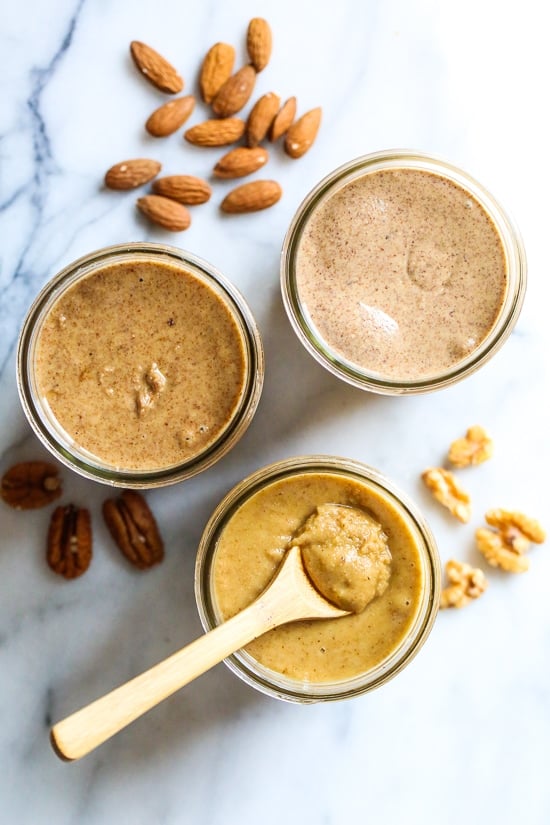
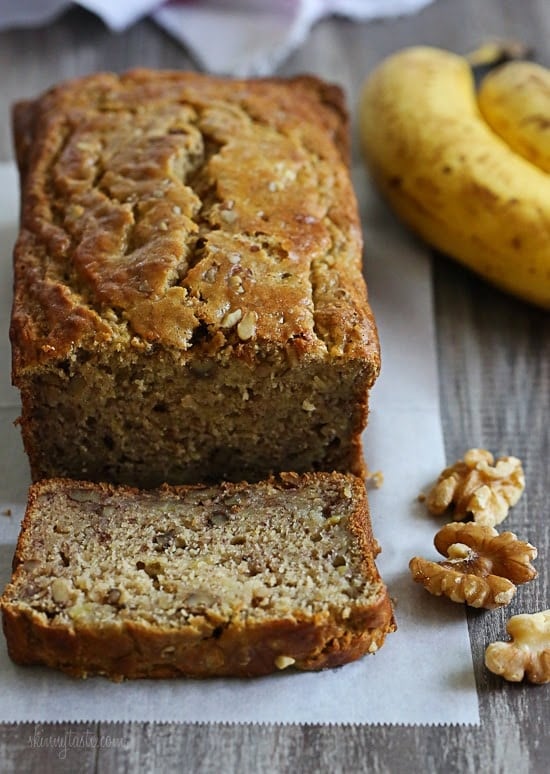








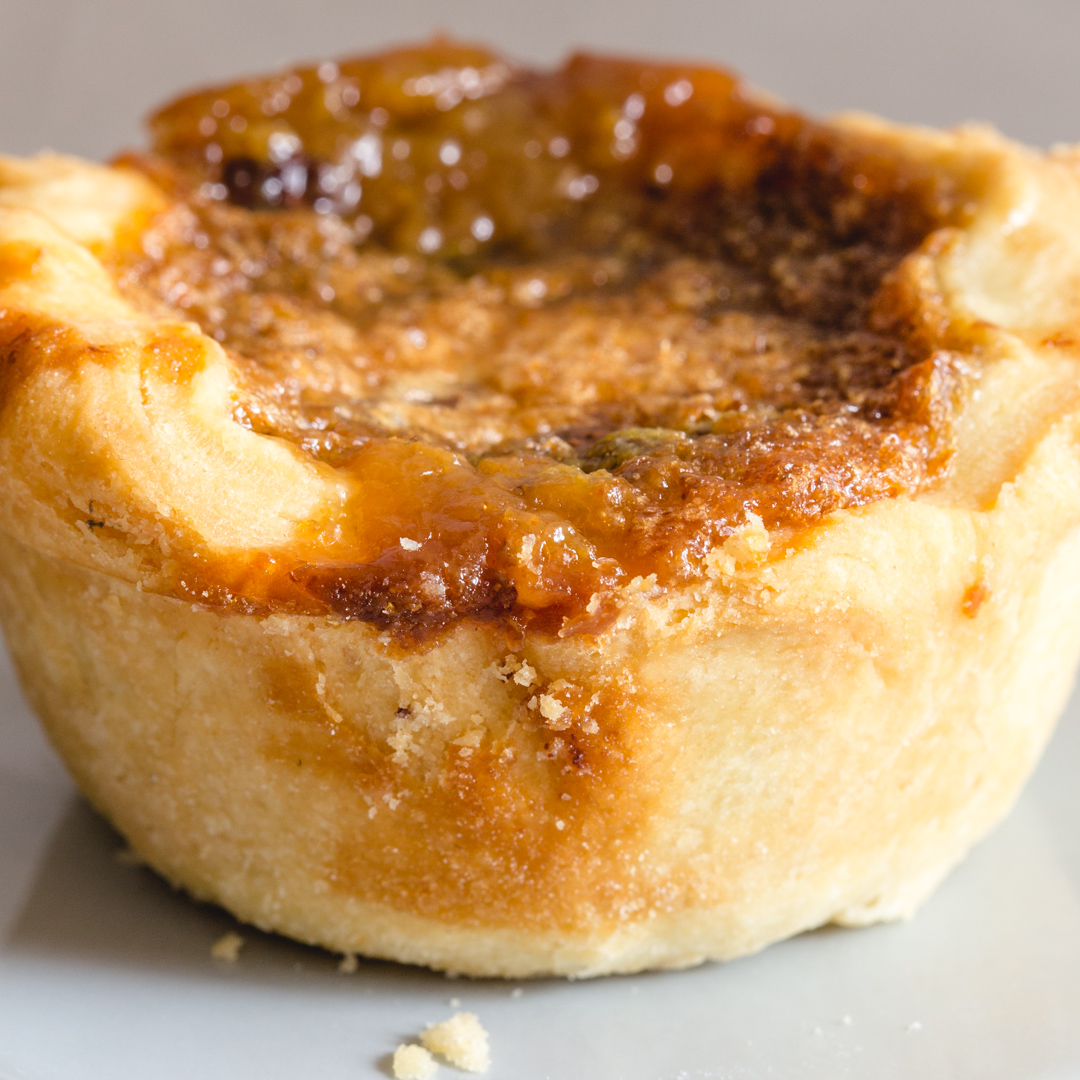







:max_bytes(150000):strip_icc()/stjamesnutroll22-58a4772b3df78c4758699e6f.jpg)


:max_bytes(150000):strip_icc()/__opt__aboutcom__coeus__resources__content_migration__simply_recipes__uploads__2015__12__Fruitcake-LEAD-2-a01c04e1ad954e7c8505beb2778fdd98.jpg)
:max_bytes(150000):strip_icc()/__opt__aboutcom__coeus__resources__content_migration__simply_recipes__uploads__2013__02__walnut-mocha-torte-horiz-a-1800-684f9a386218418ba609d1d89120e72f.jpg)
:max_bytes(150000):strip_icc()/__opt__aboutcom__coeus__resources__content_migration__simply_recipes__uploads__2008__01__apple-carrot-cake-cupcake-horiz-a-1600-b1d68eed5ddd40dc9651edd8248b4cc4.jpg)
:max_bytes(150000):strip_icc()/__opt__aboutcom__coeus__resources__content_migration__simply_recipes__uploads__2012__12__beef-roulades-pesto-horiz-a-1600-88f6467c0a8b4d65b2297bd5ee145a2a.jpg)
:max_bytes(150000):strip_icc()/__opt__aboutcom__coeus__resources__content_migration__simply_recipes__uploads__2012__12__raspberry-walnut-tart-horiz-a-1600-448ed8d2ef984846a765034ce06b8bbf.jpg)
:max_bytes(150000):strip_icc()/__opt__aboutcom__coeus__resources__content_migration__simply_recipes__uploads__2016__11__2016-12-03-English-Toffee-9-6ff646a7d875492abf224b18b563e437.jpg)
:max_bytes(150000):strip_icc()/__opt__aboutcom__coeus__resources__content_migration__simply_recipes__uploads__2016__11__2016-11-12-RumBalls-4-25d7cf8e43e44cddaaed7104c6f00454.jpg)
:max_bytes(150000):strip_icc()/Simply-Recipes-Easy-Zucchini-Bread-LEAD-1v2-10c6fca11bab4da8b5b388436a919328.jpg)
:max_bytes(150000):strip_icc()/__opt__aboutcom__coeus__resources__content_migration__simply_recipes__uploads__2014__10__pumpkin-bread-horiz-a-2000-dcc63bad34af4324bca74e65d8f0d28a.jpg)
:max_bytes(150000):strip_icc()/__opt__aboutcom__coeus__resources__content_migration__simply_recipes__uploads__2018__11__nuts00040-LEAD-4-3b5bdd0a216841e587586926db97da01.jpg)